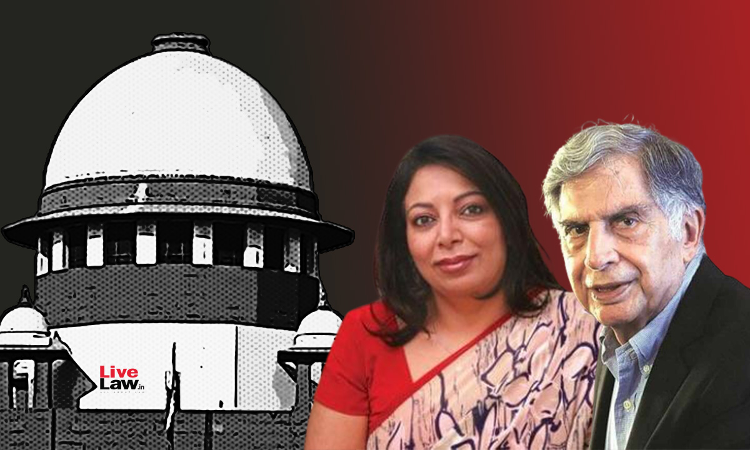'No Criminality Found in Radia Tapes': CBI To Supreme Court, Seeks Disposal of Ratan Tata's Plea
Sohini Chowdhury
21 Sept 2022 6:23 PM IST

Next Story
21 Sept 2022 6:23 PM IST
During the course of a hearing of the petition filed by industrialist Ratan Tata in 2010 for enforcement of right to privacy following the leaks of Niira Radia tapes, the Central Bureau of Investigation (CBI) on Wednesday informed the Supreme Court that no criminality was found by the central Agency in the transcripts of the leaked tapes.The submission was made by Additional Solicitor...
